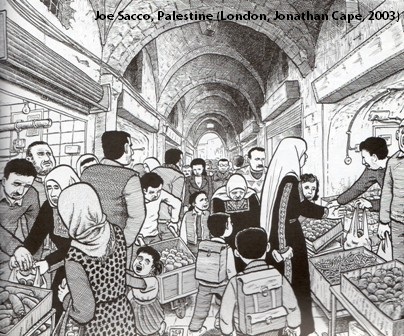Orientalismi: nuove prospettive interpretative
DOI:
https://doi.org/10.13130/2035-7680/2533Keywords:
femminismo, postcoloniale, memoria e orientalismoAbstract
This paper is aimed at reconsidering the concept of Orientalism in a new and multiple perspective, and at proposing a different interpretation of the relationship between culture and power, starting from Edward Said’s theoretical frame of reference. If Said’s representational model is repositioned out of structuralist and foucaultian frameworks and separated from the gramscian idea of hegemony-subordination, indeed, it may be possible to re-discuss the traditional profile identifying the Other in the European cultures. My basic assumption here is that Orientalism should not be understood as a consensus mechanism, which is able to produce diversified images of the Orient and the Oriental on demand. Although, of course, in most cases Orientalism is connected to the issue of power, its meanings could also be explained —as it will be soon shown— otherwise.Let’s take The Invisible Cities by Italo Calvino as an example. Here the narratives are not just multiple repetitions of Venice —in Said’s case, the same would hold for Europeanism—, but they could be strategically re-appropriated by those “others” and “alterities” whose bodies and identities are imposed by the Eurocentric discourse. In this sense, a double link may be identified with queer theories and postcolonial studies, and the notion of subordination will be rethought.
Finally, from the above mentioned borders, a new idea of image emerges, which appears as linear, uniform and flattened only to the European gaze, whereas in actual fact it is made of imaginaries and forms of knowledge, which combine representation with the conceptualization of power relationships.
Downloads
Download data is not yet available.
Downloads
Published
2012-11-18
How to Cite
Proglio, Gabriele. 2012. “Orientalismi: Nuove Prospettive Interpretative”. Altre Modernità, no. 8 (November):1-13. https://doi.org/10.13130/2035-7680/2533.
Issue
Section
Saggi Ensayos Essais Essays




